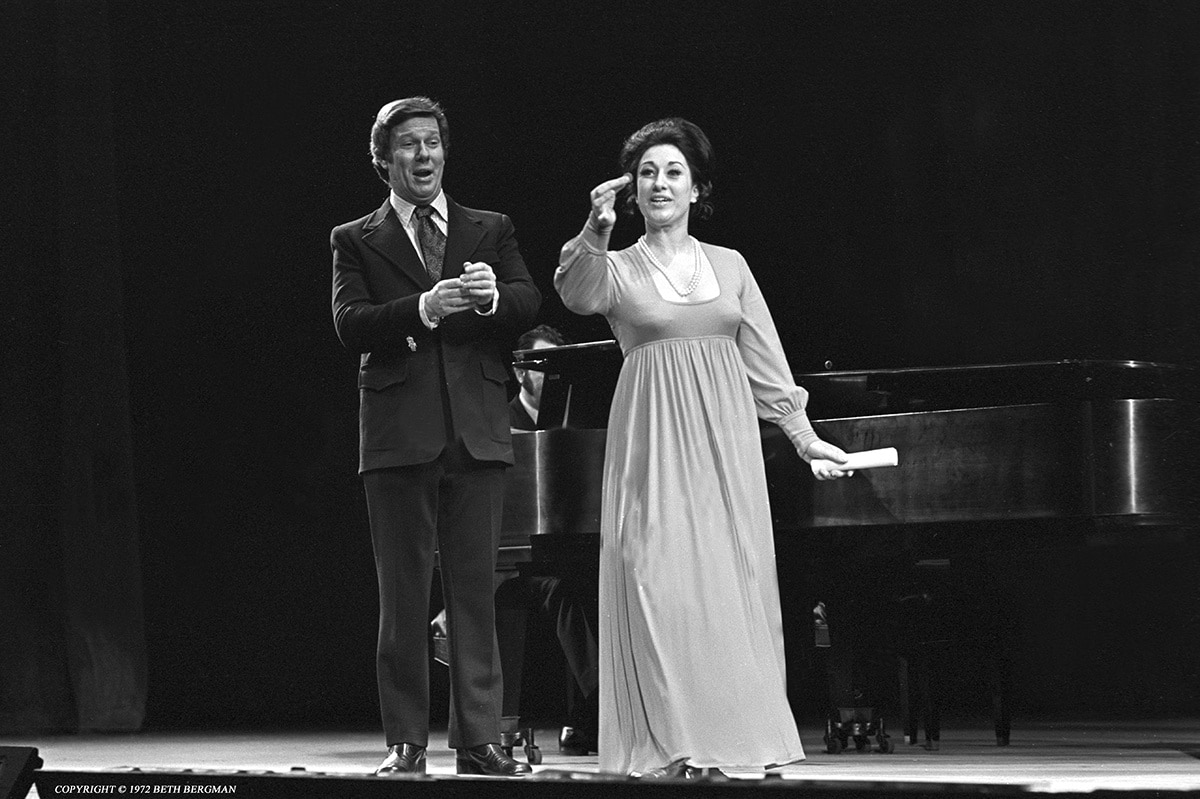György Ligeti gets a plaque on his Hamburg refuge
mainThe Hungarian exile, who died in Vienna in June 2006, has been commemorated by the city of Hamburg on the wall of the house where he wrote many of his masterpieces over 30 years from 1973. His widow, Vera, attended the ceremony, along with dozens of former Ligeti students, colleagues and musicians.
I remember the house well, on a soporific suburban street, flooded with lake light.

photo (c) Betty Freeman/Lebrecht Music&Arts





Ligeti was born in Romania, not Hungary!
Correct. But he was a Hungarian citizen.
Ligeti was forthright in his opinions….I recall a composition competition at the Royal Academy of Music when he announced in his adjudication that one of the entrants was an ” estate agent, not a composer”
The late James Horner studied with Ligeti, Norman, do you know anything else on the subject?
I knew about James. He told me.
He became an Austrian citizen in the late 60s, but that doesn’t make him Austrian. Anyway, never mind. This is nice news.
Ligeti celebrated the city of Deutch Gramophon in his ‘Hamburg Concerto’ so this is a nice way of returning the compliment.
Paul, as someone writing from the Romanian city where Ligeti spent most of his childhood and early adulthood (Cluj/Kolozsvár), I can assure you that no one here would call Ligeti a “Romanian composer”. Hungarians here are generally referred to as “ethnic Hungarians from Transylvania” and not “Romanians”. (Yes, they have Romanian citizenship, but in the local context that doesn’t make them Romanians.)
The division between the two ethnic communities remains quite large. Ethnic Hungarian artists are almost never celebrated on the national Romanian (as opposed to merely regional Transylvanian) scale, so your insistence on trying to get Ligeti the label “Romanian composer” is very out of touch with the situation here.
Ligeti is a fascinating example of the cultural fluidity of that region: a Hungarian-speaking Jew, native of Romania, later a citizen of Austria and resident of Germany.
Another non-Romanian “Romanian” composer was Xenakis, an ethnic Greek born in Romania, and later a citizen of France.
Another good reason to visit Hamburg. The apartment featured in a number of documentaries about Ligeti. I wonder what became of his desk and the rows of sharpened colour pencils he used for his scores?
Ligeti once said of his work: ‘It is not for the audience, it is not for myself, it is a thing in itself’. He was a constructivist, apparently thinking that a work of art had no relation with its environment and no function within the framework of human civilization. Yet he wanted his work to be performed and have a career as a composer. One of the many postwar paradoxes of new music.
Composers often say odd things which don’t bear much scrutiny…Babbitt is another case in point (a composer who Ligeti didn’t care for)
In the case of Ligeti (and Babbitt for that matter) I’m very grateful that he wanted his work performed as it has been very stimulating for a wide range of people.
I read in an obituary that Karajan banned him from attending rehearsals (he once programmed Atmospheres) because he was so awkward to deal with.
Modernist composers of that generation – i.e. from before the generations which became tame conventional imitators – had no idea of how orchestral performance culture works in practice, which also shows in the works themselves.